Global Expansion Strategies for FinTechs in Emerging Markets: A Playbook for Leaders
2nd August 2025
 Top Fintech Innovations Shaping 2025: The Future of Finance
Top Fintech Innovations Shaping 2025: The Future of Finance
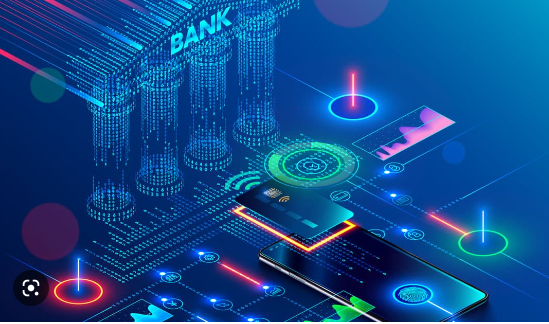 What the Future Holds for Digital-Only Banks: Navigating the Next Era of Banking
What the Future Holds for Digital-Only Banks: Navigating the Next Era of Banking
 QR Codes and the Cashless Leap: Transforming India's Financial DNA
QR Codes and the Cashless Leap: Transforming India's Financial DNA
 The Impact of 5G on Fintech Services
The Impact of 5G on Fintech Services
.jpg) The Future of Payments: Trends Reshaping Transactions in 2025
The Future of Payments: Trends Reshaping Transactions in 2025
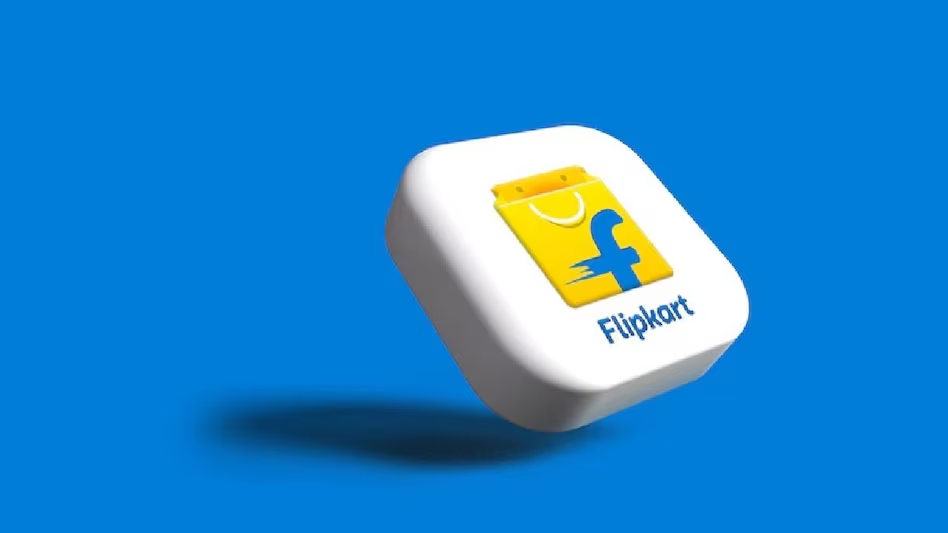 Flipkart Gets a Lending Licence: A Bold Leap into Embedded Finance
Flipkart Gets a Lending Licence: A Bold Leap into Embedded Finance
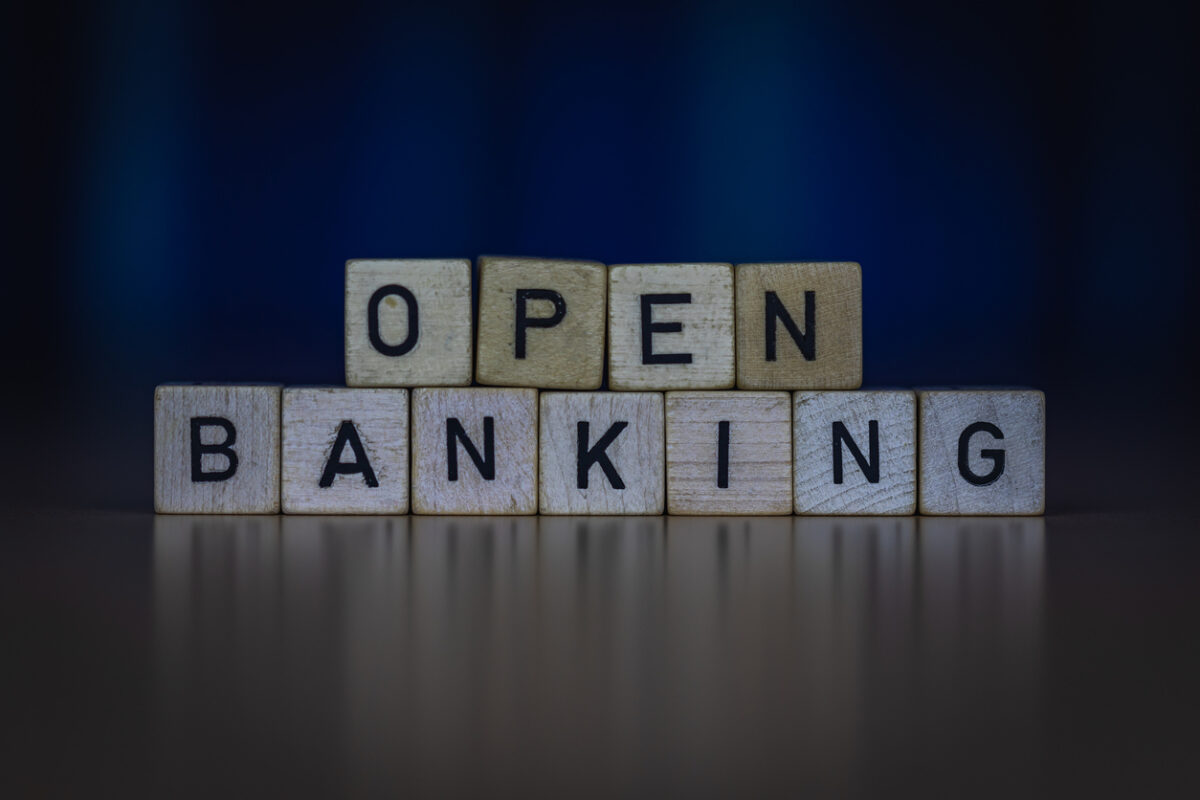 How Open Banking is Shaping Financial Services Globally
How Open Banking is Shaping Financial Services Globally
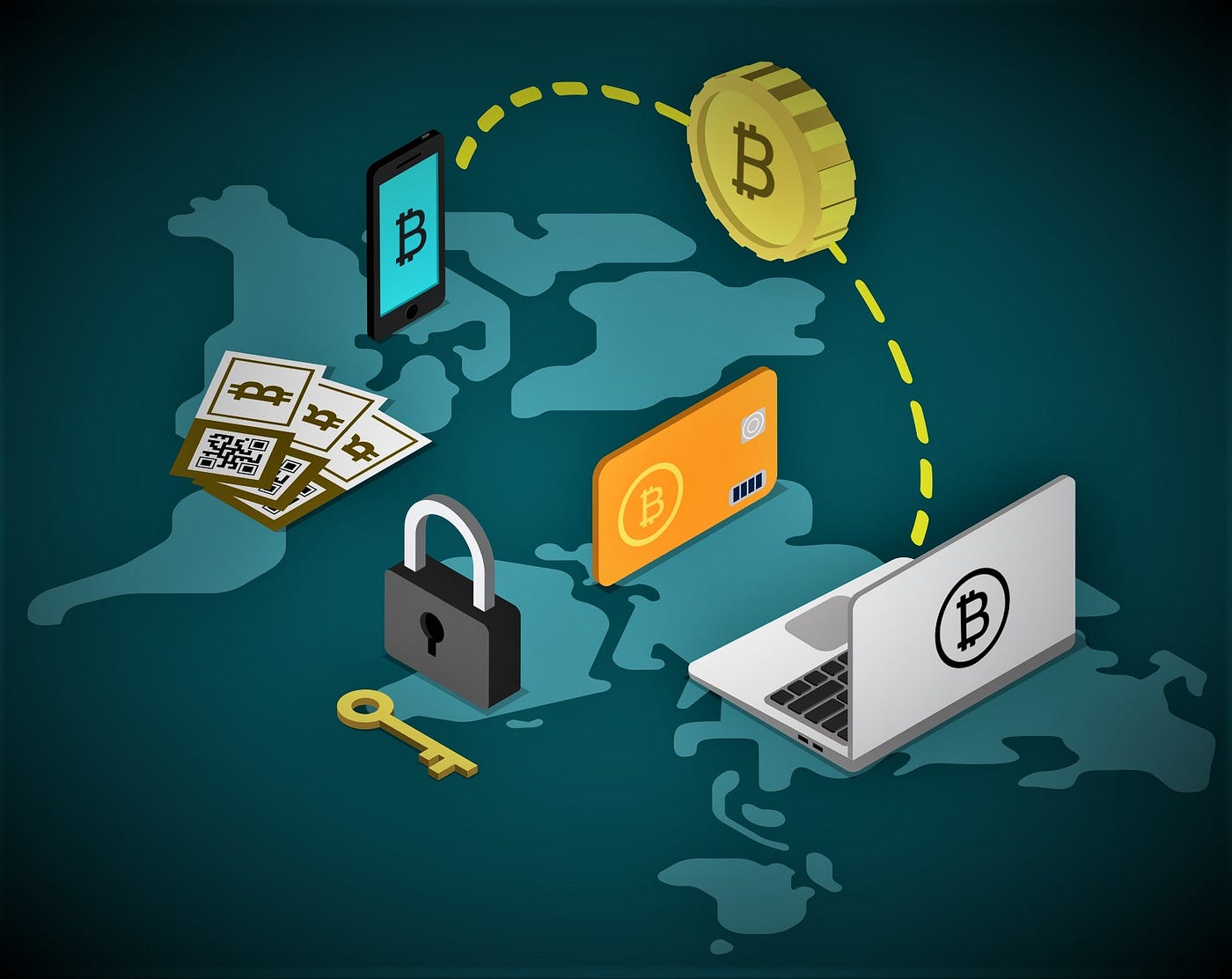 The Role of Cryptocurrencies in Cross-Border Payments
The Role of Cryptocurrencies in Cross-Border Payments
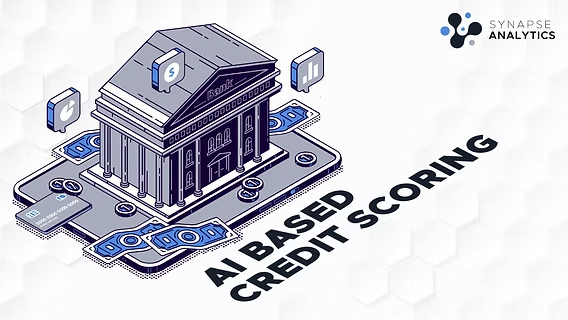 How AI is Transforming the Credit Scoring System
How AI is Transforming the Credit Scoring System
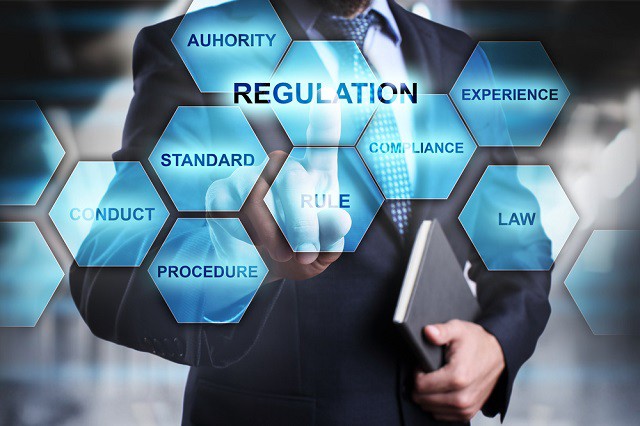 The Evolution of Fintech Regulation: What’s Next?
The Evolution of Fintech Regulation: What’s Next?
 Biometric Payments: The Next Big Trend in Secure Transactions
Biometric Payments: The Next Big Trend in Secure Transactions
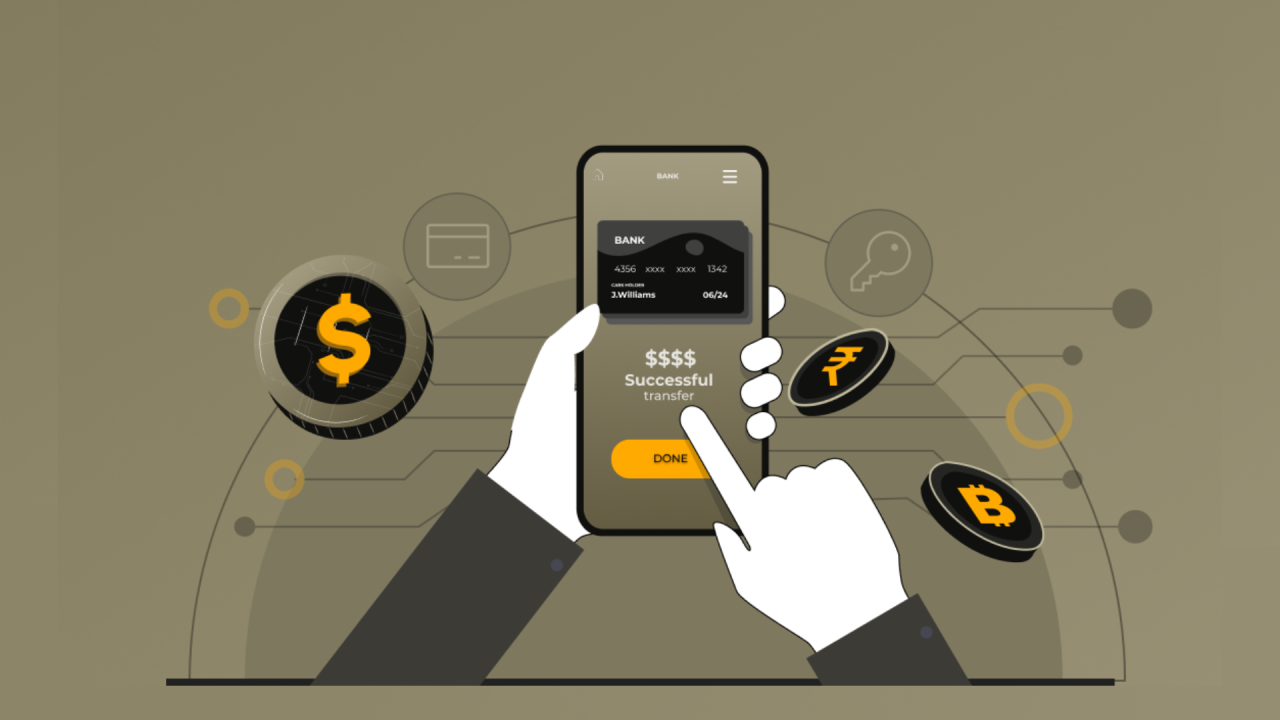 The Rise of Contactless Payments: Benefits and Security Concerns
The Rise of Contactless Payments: Benefits and Security Concerns


22 March 2025
7 min read
218
The world of finance has been undergoing significant transformations over the past decade, driven by innovations in technology. One such innovation that holds immense potential for shaping the future of financial services is 5G technology. The fifth generation of mobile networks is not just about faster internet speeds; it represents a seismic shift in how industries operate, including fintech. In this article, we’ll explore how 5G technology will impact fintech services, from enhancing speed and connectivity to enabling new, disruptive financial services.
1. Lightning-Fast Transactions and Reduced Latency
One of the most immediate benefits of 5G for the fintech industry is its ability to reduce latency and provide ultra-fast transaction speeds. With 5G, financial transactions that used to take seconds or even minutes can now be processed in milliseconds.
2. Enhanced Mobile Banking and Digital Wallets
As mobile banking continues to rise in popularity, 5G will enhance the way users interact with their financial institutions. Fintech companies that focus on mobile banking, digital wallets, and contactless payment systems will experience major benefits.
3. Advanced Security Features with Real-Time Monitoring
Security is one of the most critical concerns in fintech, and 5G networks can bolster security features, particularly in areas like biometric authentication, encryption, and fraud detection.
4. IoT-Driven Financial Services
The rise of the Internet of Things (IoT) is a key area where 5G is expected to have a profound impact. 5G’s ability to handle massive amounts of connected devices at high speeds will lead to new types of fintech services that rely on IoT integration.
5. The Rise of Autonomous Financial Services
5G’s ultra-low latency and high-speed capabilities will allow for more autonomous financial systems, where machine learning algorithms and AI can perform tasks traditionally done by humans in real-time. This transformation will revolutionize several areas of fintech.
6. Smart Contracts and Blockchain Efficiency
Blockchain technology, particularly in the realm of smart contracts, stands to benefit greatly from 5G’s speed and efficiency. Smart contracts, which are self-executing agreements with the terms directly written into code, will be able to operate faster and more efficiently on 5G networks.
7. Enabling 5G-Powered Fintech Ecosystems in Emerging Markets
In emerging markets, where mobile connectivity is the primary method of internet access, 5G will be a game-changer for financial inclusion. The ability to offer high-speed, reliable mobile networks will empower people in underbanked regions to access fintech services they previously couldn’t.
8. AI and 5G-Driven Personalized Financial Services
5G will enable fintech companies to gather and analyze vast amounts of data more quickly and accurately, allowing for even more personalized services. This combination of AI and 5G will lead to hyper-personalized financial products and services.
Conclusion: A New Era for Fintech
The advent of 5G will significantly enhance the speed, connectivity, and efficiency of fintech services, unlocking new possibilities for the industry. From faster transactions and more secure payments to enabling emerging markets to access financial services, 5G will be a cornerstone of the next wave of innovation in fintech.
For fintech companies and enthusiasts alike, embracing the power of 5G will be critical for staying competitive and offering cutting-edge solutions to meet the demands of the evolving digital economy. As we move into 2025 and beyond, the combination of 5G, AI, blockchain, and mobile technologies will continue to shape the financial landscape, creating new opportunities for businesses and consumers alike.
What are your thoughts on the impact of 5G in fintech? Join the conversation and share your insights with the community!
Read Next
 Blog
Blog
 News
News
 News
News
 Blog
Blog
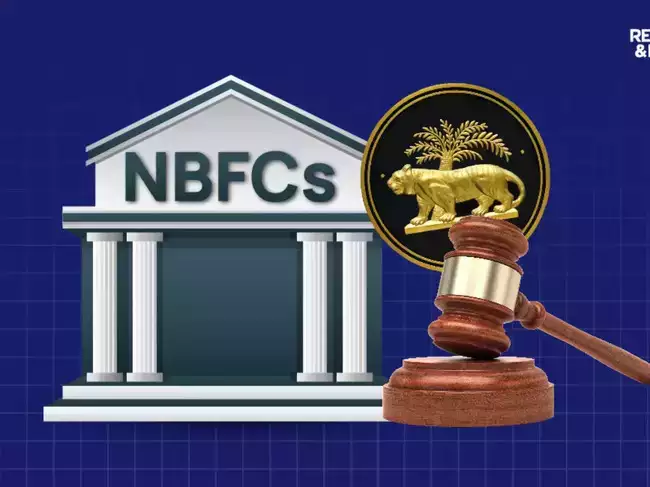 News
News
Live Polls
Live Discussion
Topic Suggestion
Whom Do You Wish To Hear
Sector Updates
Leave your opinion / comment here